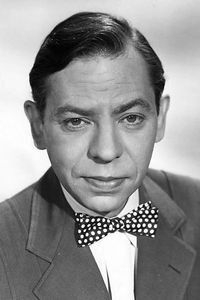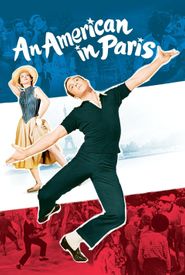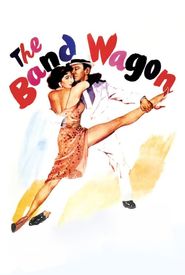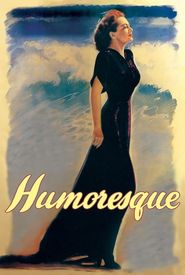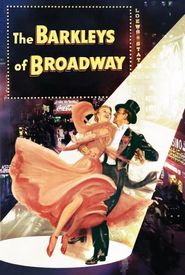Here is the biography of Oscar Levant:
Oscar Levant was a brilliant musician and composer, born into an Orthodox Jewish Russian family in Pittsburgh's Hill District. He began taking music lessons at an early age and was giving public recitals by the time he was seven. He attended music lessons at the Fifth Avenue High School, where he was exposed to classical performance and was invited to accompany his instructor, Oscar Demmler, in violin and piano repertoire.
Levant dropped out of high school in 1922 to continue his music instruction in New York, where he studied with Zygmunt Stojowski and other renowned musicians. He became a pianist for the stage pit and nightclubs in the area, and his talent and charisma led him to be attracted to the glamour of Broadway. He composed music for several musical plays, including "Burlesque" and "Ripples," and became a member of the Algonquin Round Table, a circle of New York wits and writers.
Levant's career took him to Hollywood, where he composed music for 21 films from 1928 to 1929 and continued to work in the film industry until 1948. He was a close friend and collaborator of George Gershwin, and his association with Gershwin led to a profound musical relationship.
In the 1930s, Levant turned his attention to classical composing and limiting his concertizing. He studied with Joseph Schillinger, a Russian theorist and composer, and premiered his "Sinfonietta" in 1934. He also composed his "Piano Concerto" and "Nocturne for Orchestra," which was published by New Music Editions in 1936.
Levant's career as a concert pianist and composer continued throughout the 1940s and 1950s, with performances and recordings with many of the leading conductors and musicians of the time. He also appeared on film, playing himself in several movies, including "Rhapsody in Blue" and "Humoresque."
However, Levant's mental and physical health began to decline in the 1950s, and he became increasingly reclusive. He made a few more public appearances, including a memorable concert at UCLA in 1958, but his final public effort was a series of album recordings in the late 1950s.
Levant's life was marked by his extraordinary talent, his wit and humor, and his struggles with mental and physical health. He wrote three memoirs, each incisive and outlandish in its own way, and remains one of the most intriguing entertainment enigmas of the 20th century.
